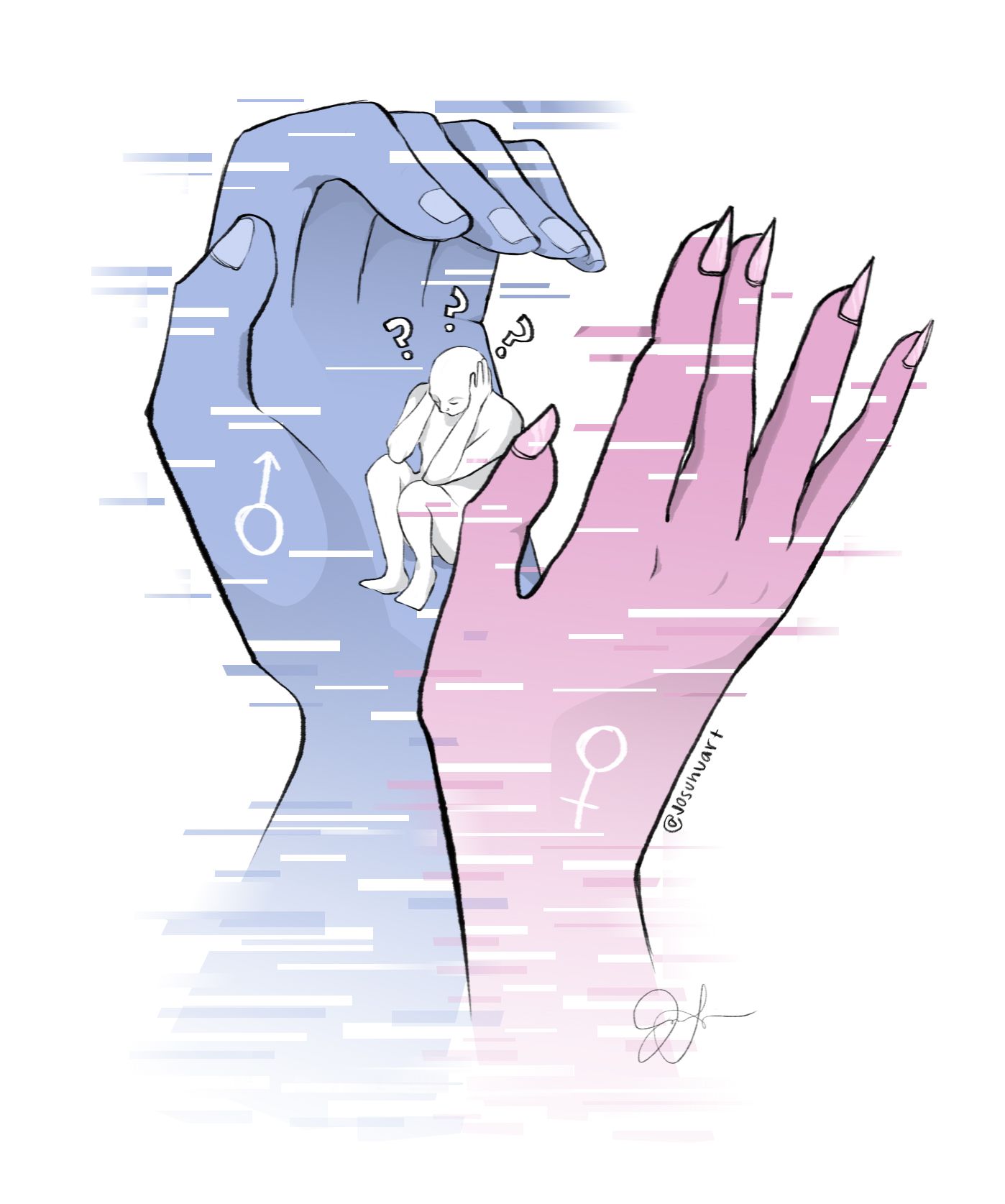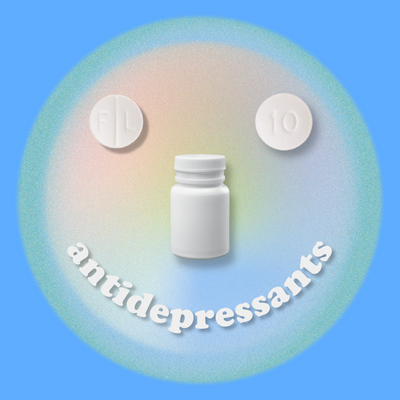
Sex. You think about it. We think about it. We all obsess over it. It’s a part of our identity, culture and self-esteem. But when it comes to guys – especially young guys – why aren’t there more resources out there? Where do we turn to when we want to learn about our own bodies, safety and pleasure? Introducing our first-ever Sex Week, a week-long celebration on everything and anything sex. We’ll talk about different perspectives, what sex means to guys and why we don’t talk about it more. It’s all confusing, yes. So let’s talk about it more and normalize the conversation.

I experienced sex-ed for the first time this year, and I must say that my experience, along with that of trans people across the country, is one that can be greatly approved upon.
While what I say in this post is based on my experience at my school, it is important to note that the experience described is similar to the ones described by many of my trans friends. This post is not challenging cisnormativity in one school or one class, but as a whole. I ask that you think about the below in general terms, and as a reflection of our society, not solely my school or my sex-ed class.
What is it like to sit in a room and hear my anatomy referred to as ‘female’ seven times in a row? When my school hands out sheets that say ‘Female’ and have a picture of a vulva, ovaries, and a vagina, how can I not feel like my experience is incorrect? When I look at a sheet depicting anatomy labeled as ‘Male’ that doesn’t match what I know as a man, how can it not affect how I see myself? Why do the teachers at my school think it’s okay to mention transgender people as a caveat at the beginning of the class, then belittle our existence through cisnormative language for the next hour?
Our genitalia is seen as an appropriate subject of conversation, and for some reason people believe it plays into our validity as human beings.
During my school’s sexual education class, I learned a lot. I learned about STIs, I learned about various methods of contraception. I also learned that I’m an outsider. I learned that educators find it a chore to accommodate the trans people in the room.
When I confronted my teachers on their use of ‘female’ and ‘male’ anatomy I was told my frustration was an overreaction. I was told that I was only sensitive because it’s the first time I’d been through a sex-ed class since coming out. I was met by people who thought they had a better grasp on my feelings towards their teaching than I did. I’m tired of people who think doing what’s necessary to seem inclusive is enough. When we talk about trans lives, and trans bodies so often they are seen as exceptions to the norm.
No matter what genitals I have, my body is male. I am male.
Our genitalia is seen as an appropriate subject of conversation, and for some reason people believe it plays into our validity as human beings. No matter what genitals I have, my body is male. I am male. I have and always will be male.
There was a moment during our first sex-ed class where we were asked to raise our hand if we could correctly label anything on the anatomy of the ‘opposite sex’, a challenge that is structured in the falsehoods of binary gender and cisnormative culture. What anatomy am I supposed to label? There is nothing “opposite” about my vagina in relation to my male experience. Nor anything “opposite” about my male identity while not having a penis. Penises are not the genitalia of men, they are simply penises, and as such they can belong to anyone. I want to claim my vagina as male anatomy, because that is my true experience and therefore a valid experience.
Genitals do not have genders. I give no one permission to gender my genitals. Genitals exist on their own, without any labels attached, but have been given roles in society based on cisnormative culture, which has worked its way into our society, our classrooms, and our understanding of others and their bodies.
Genitals do not have genders. I give no one permission to gender my genitals.
I have every right to be worked up about the cisnormative ignorance and closed-minded teaching I experienced during sex-ed these past few months, because it was based in falsehoods and in an ideology that erases my existence.
Trans people exist.
Our bodies exist.
Intersex people exist.
Teaching to the cisgender students and not to the rest of us is harmful. By doing so teachers are denying their cisgender students the opportunity to understand the nuances, complexities, and errors in gender as we know it. Teachers are indirectly challenging the existence of some of the students in their class, and it is going unchallenged because it has been that way for so long.
I’m tired of having my identity accepted as a caveat, or having to accept dysphoria as a consequence of cisnormative teaching. (I’m also tired of having to explain dysphoria, but that’s another story.) My experience and that of every trans person is just as valid.
We are not exceptions.
We are people.






